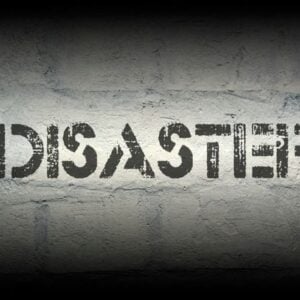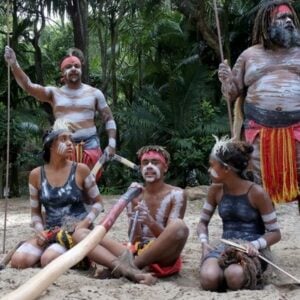The Keepers of the Earth Fund (KOEF), an Indigenous-led initiative under Cultural Survival, has announced its 2025 partnerships with Indigenous communities worldwide. KOEF, established to strengthen Indigenous Peoples’ advocacy and community development, has supported 440 projects in 42 countries since 2017, distributing over $2.6 million in small grants directly to Indigenous communities, collectives, organizations, and traditional governments. Operating under a rights-based approach guided by the United Nations Declaration on the Rights of Indigenous Peoples, the Fund prioritizes grassroots solutions that align with Indigenous values and equitable resource distribution.
In 2025, KOEF supported 65 Indigenous projects across 26 countries, distributing a total of $531,000 directly to communities, collectives, and grassroots organizations. These partnerships focus on defending lands against extractivism, strengthening governance structures, and promoting the protection of Indigenous knowledge, rights, and cultures. A significant portion of the Fund’s partners operate in areas affected by extractive industries, prompting initiatives aimed at enhancing Indigenous political and legal systems, leadership development, monitoring, and the establishment of protective regulations.
Among the projects supported in 2025, Wechekeche Ka Itrofillmongen in Chile empowered Indigenous youth facing threats from mining, monoculture plantations, and hydroelectric developments. In Costa Rica, FRENAPI facilitated intercommunity meetings to develop strategies for defending Indigenous rights. Brazil’s Pataxó Territory Observatory organized workshops on legal monitoring, data security, and forest guardianship. Suriname’s KHOSE project focused on empowering youth and women to resist extractive industries through land rights advocacy. In Honduras, FITH strengthened leadership among Tawahka women through culturally grounded workshops, while Mexico’s San Lucas Community trained forest guardian teams to protect their lands against illegal logging and mining.
In the United States, CHIRP assisted the Nisenan community in creating a digital council and governing documents to ensure compliance with tribal law following land recovery. Tanzania’s NALEPPO hosted seminars on Maasai traditional knowledge, governance, and environmental protection with a focus on gender balance and intergenerational knowledge transfer. Sassafras Earth Education engaged the Wôpanâak community in restoring traditional dwellings for cultural and educational use. Canada’s Unist’ot’en Healing Centre developed protocols to strengthen Wet’suwet’en traditional law and defend Aboriginal rights in the face of extractive threats. Additionally, seven grants were awarded to Indigenous defenders at risk, providing emergency support for transportation, lodging, medical care, and technical equipment.
KOEF also supported projects that celebrate and protect Indigenous knowledge, rights, and cultures. Cultural Survival sponsored numerous events across the Americas, including the National Tribal & Indigenous Climate Conference in Alaska, the “We Are All Related” gathering in New Mexico, the INDIGENOUS FUTURES 4EVER NextGen Holiday Market in New Mexico, International Mother Language Day in Chihuahua, Mexico, the Southeastern Indigenous Environmental Conference in North Carolina, and the Third Regional Meeting on Free Seeds in Cochabamba, Bolivia. These initiatives enabled communities to share knowledge, strengthen cultural practices, conserve native seeds, and engage youth and artisans in celebrating and preserving Indigenous heritage.
Overall, the 2025 KOEF partnerships exemplify a holistic approach to Indigenous empowerment, combining land and environmental protection, cultural preservation, leadership development, and advocacy, ensuring Indigenous communities maintain control over their lands, knowledge, and futures.






